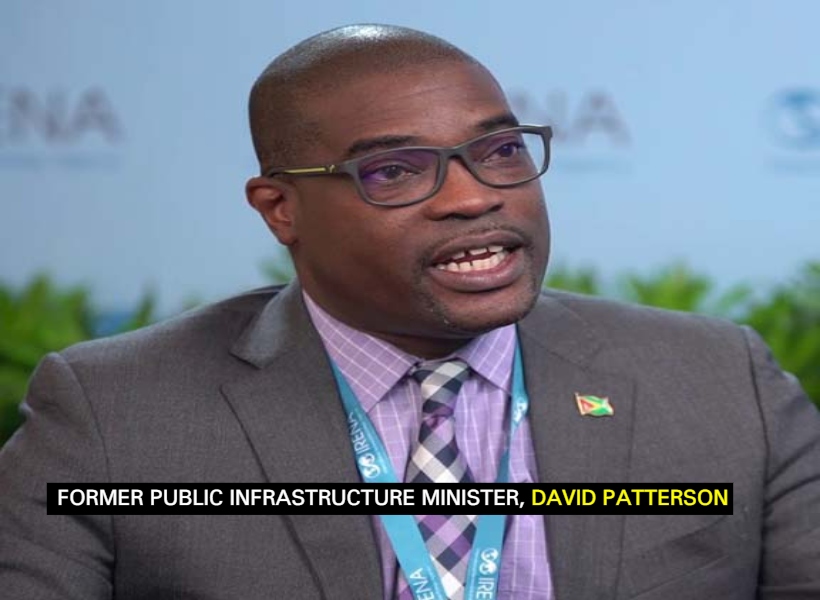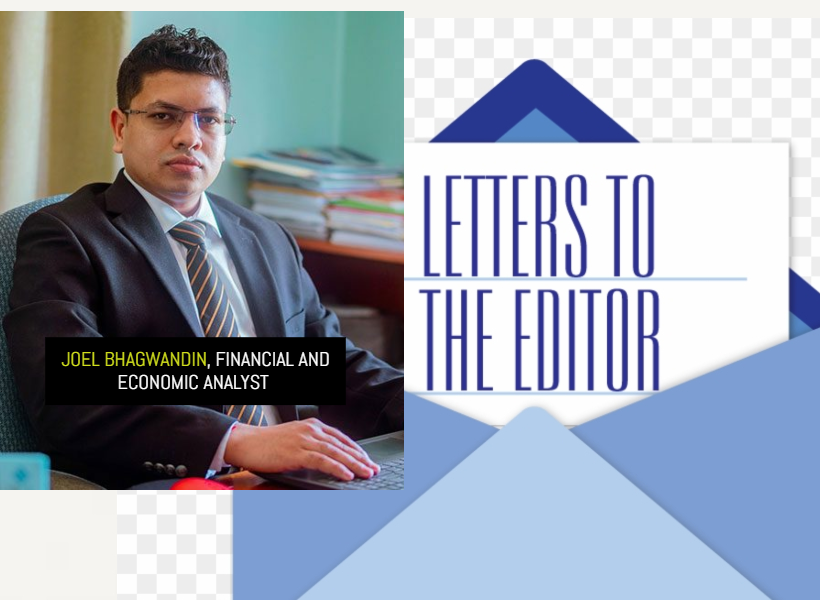Guyana, in its National Report to the United Nations Human Rights Council said it is working towards decriminalizing defamation/libel by the end of this year. In achieving this goal, the Office of the Prime Minister has been working along with the Attorney General Chambers to have the relevant amendments made to the Criminal Law (Offences) Act, Cap. 8.02 and to have them tabled in Parliament before the end of 2020.
Guyana was among 14 countries to be reviewed by the Working Group on the Universal Periodic Review 35th session which started on January 20, and concludes tomorrow in Geneva, Switzerland. This is the country’s third review. Its first and second were in May 2010 and January 2015, respectively.
UNESCO had encouraged Guyana to decriminalize such laws and place them within the civil code in accordance with international standards. Most criminal defamation laws in the Caribbean are from the colonial era. Section 113 of the Criminal Law (Offences) Act reads: Everyone who—
(a) publishes any defamatory libel shall be guilty of a misdemeanor and liable to fine and to imprisonment for one year;
(b) publishes any defamatory libel knowing the same to be false, shall be guilty of a misdemeanor and liable to fine and imprisonment for two years;
(c) publishes, or threatens to publish, or offers to abstain from publishing, or offers to prevent the publication of, any defamatory libel, with a view to extort any money or valuable security or any valuable thing, or to induce any person to confer upon or procure for any person any appointment or office of profit or trust, or in consequence of any person having been refused that money, security, thing, appointment, office, or trust, shall be guilty of a misdemeanor and liable to imprisonment for three years.
In October 2018, Attorney General and Minister of Legal Affairs Basil Williams and a team met with consultant Peter Pursglove S.C, who was contracted under the Support for the Criminal Justice System Programme (SCJS) to review the existing legislation and propose recommendations of amendments for Summary Jurisdiction (Offences) Act.
The Ministry had revealed that the proposed amendments will include the decriminalization of some current offences and the recommendation of alternatives to imprisonment in respect of certain summary offences, particularly those of a minor and non-violent nature. These objectives will be achieved through both amendments to existing legislation and the drafting of entirely new legislation.
These offences include criminal defamation, offences concerning roguery and vagabondage, vagrancy, obeah and witchcraft, incorrigible roguery and attempt to commit suicide. It was noted during the meeting that these offences are now decriminalized, in whole or in part, in many jurisdictions thus reducing rates of imprisonment.
Various alternatives have been implemented in other jurisdictions, such as bail, seizure of travel documents, periodic reporting to police or other authorities, fines, electronic monitoring or curfews, and conditional and suspended sentences.
Alarmed at the threats of these laws to press freedom, the International Press Institute (IPI) and the Association of Caribbean Media Workers (ACM), in 2012, launched a joint campaign to repeal criminal defamation laws in the Caribbean. Since then, three Caribbean states have repealed such laws. They are Grenada in 2012, Jamaica in 2013 and Antigua and Barbuda in 2015.
Efforts by the IPI and ACM have seen Antigua and Barbuda and Jamaica completely overhauling their civil libel legislation to more closely reflect international standards on freedom of expression. The following link contains useful information compiled by IPI on defamation laws in the Caribbean: http://legaldb.freemedia.at/2016/02/12/ipi-adds-caribbean-defamation-laws-to-online-database/









